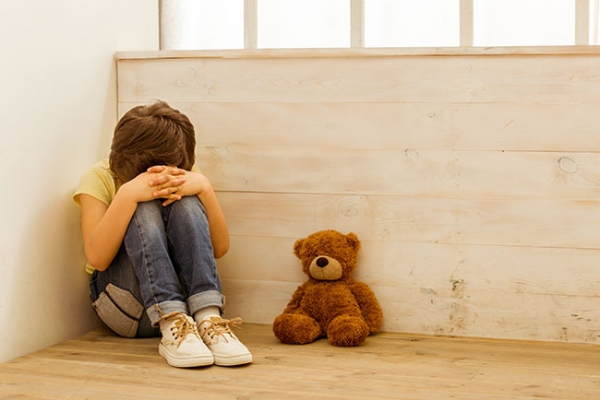Discipline Without Punishment
by Rebecca EanesI don’t punish my children. Some people hear that and automatically assume it means that I don’t discipline my children, and this is completely not true. Those people assume that by not punishing, I let my children by with misbehavior, and this is also false. I’m actually fairly strict on behavior, so how do I discipline?
It would be helpful to define these terms first.
Punishment
I see punishment as something parents do that causes enough pain or discomfort to deter the child from repeating the offense. This is not directly related to the misbehavior and is given to the child for the purpose of making him pay for his wrongdoing.
Examples are spanking, taking away toys or privileges unrelated to the event, being sent to their room, and grounding.
Discipline
Discipline, on the other hand, is teaching and instruction. The purpose of discipline is to teach the child how to govern his own behavior, which requires teaching him about emotions, cause and effect, and equipping him with the skills he needs to be successful at self-discipline. This sometimes means a child will experience the unpleasant consequences of his choices, but this is not dealt out by the parent for the sole purpose of making him suffer.
##adbig##
On the contrary, when a child must experience unpleasant consequences, positive parents empathize with the child’s experience while yet allowing it to take place. If the parent does deal the consequence to the child, it is directly related so that the cause and effect are clear, and is delivered for the purpose of teaching the child to right his wrongs and take responsibility.
Because the rhetoric around consequences can be confusing. To put this in simple terms, there are natural consequences and logical consequences.
Natural consequences are a natural occurrence as a result of the child’s choices. An example is a child who carelessly leaves his bike out and it gets broken. The natural consequence is that the child now has no bike and the parent allows this by not buying her another.
##ad##
Logical consequences are imposed by the parent and are directly related to the event. In the above scenario, the parent would suggest that the child do chores to earn money to buy a new bike. Another example is taking away a toy that a child is playing with dangerously, such as throwing a hard toy around the baby.
Continued on next page...
Related Article: Disciplining the Sensitive Child
You might also like.













